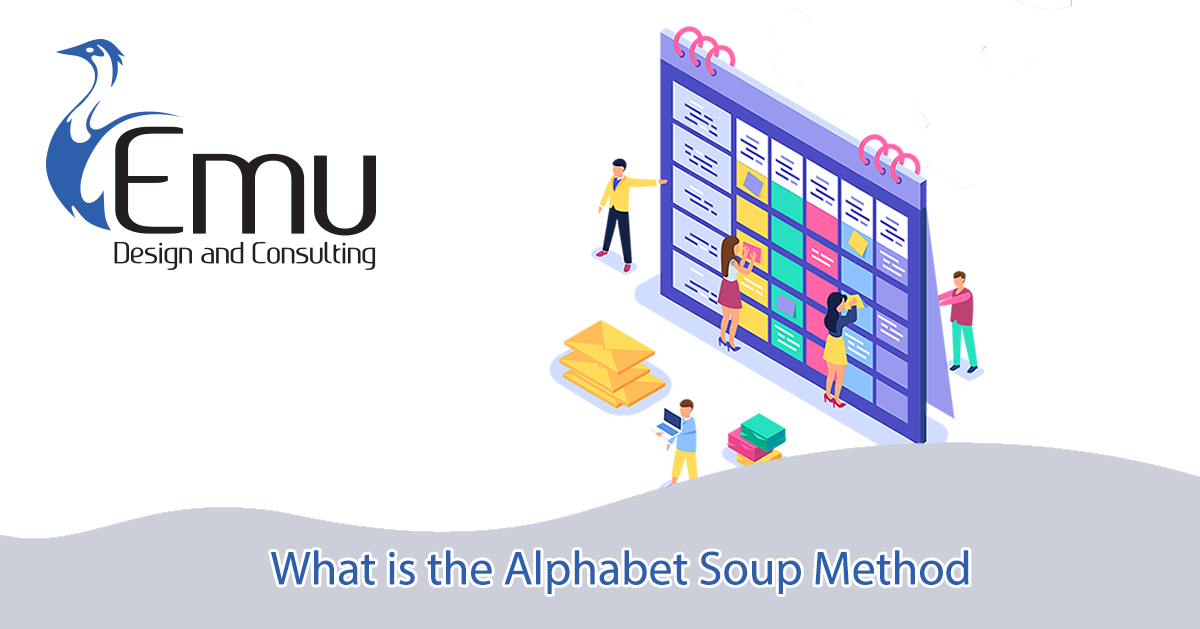What is the Alphabet Soup Method
When building an online presence for your business, you need to research. Keyword research is one of the most important first steps you can take to build that presence. Your keywords identify you – They come from who you are as a business. They describe what you do and can inform your services. The actual field of keyword research can get pretty technical… If you get down into the details, it can be hard to tell what you should do.
It’s important to become comfortable with doing a little research. However, learning what keywords you should be using can seem daunting. You might not know where to look or worry about if your ideas will work. Luckily there is a method that can help! In this article, we’ll cover the basics of keyword research and teach you a method to help you narrow it down.
What is Keyword Research?
A keyword is a phrase, word, or idea that your customers use to find a business like yours. For example, if a customer searches for a plumber, they’ll enter keywords like “leaky pipe” or “plumber near me.” Because people are creatures of habit, these words tend to be entered a lot.
This means when you do keyword research, you’re also researching what people are looking for. You solve two problems at once: Market research and identifying valuable keywords. You can apply the same techniques used in market research to research keywords.
In general, you need to understand things about your potential customers. What do they need? What are they worried about? What do they want out of a service like yours? This research will help you answer those questions and satisfy their needs. The best marketing approaches tend to be actively engaging with customer desires. You can learn about these desires by employing the alphabet soup method.
What is the Alphabet Soup Method?
The easiest way to explain alphabet soup is that it uses Google Search’s auto-complete function. You might already see where we’re going based on that alone. Likewise, you might already be using it. All it takes is a little reframing to realize you’re doing market research.
When you search for anything in Google’s search bar, a list of suggestions drops down. Where do those suggestions come from? Why do these predictions show up? It turns out Google has already done a ton of heavy lifting for you. Those suggestions are the terms that are being searched most often.
For example, type in “SEO keyword,” and you’ll get results like “SEO keyword generator” and “SEO keywords for logistics company.” That means somewhere out there, a lot of SEO pros are looking for keyword generators… And that some logistics companies might need ideas. It’s worth noting that the top result is most commonly searched. This is the basic principle that alphabet soup relies on.
What Makes Alphabet Soup Different from Searching?
There’s an interesting quirk to the search bar. Everything you add changes the results. Add the letter “A” to the end of that last search. “SEO keyword a” will now return results like “SEO keyword advertising” and “SEO keyword analysis.” If you move where you put the A – “SEO a keyword,” you’ll get even more results. “SEO and keyword optimization,” for example.
You can even add these letters to existing words. For example, the first result of “Local taxes” might be “local government taxes.” Change your search to “Local ytaxes” will return “local tax examples.” Adding more keywords to the tail will show you even more topics that are being searched. The alphabet soup method’s most basic form involves adding a letter to the end of your search. Start with A, and go all the way through Z, picking up the words that pop up.
What to Do With This Information
Using the most common searches, you can generate blog posts, page topics, and more. This can help boost your website’s ranking in searches, and provide valuable information that drives business. As a result, the difficult task of market research becomes an engaging, and often fun, experience. One of the best parts is that you don’t have to wrack your brain to get real results – A lot of the work is done for you.
If you want even more of the work done for you, there exists a multitude of good tools you can use. Tools like Jaaxy and Ubersuggest can be great additions to your repertoire. Jaaxy will provide more granular information than simple search rankings. It will tell you how much traffic your searches generate, the clickthrough, and more. Ubersuggest is another advanced tool that considers search volume and ranking difficulty.
Many of these tools are free, though there are paid options. When you’re researching keywords, data is your best friend. It just so happens that Google’s automatic suggestions are a sneaky source of data you can start leveraging today. You’ll never run out of content ideas for your website with the alphabet soup method!

